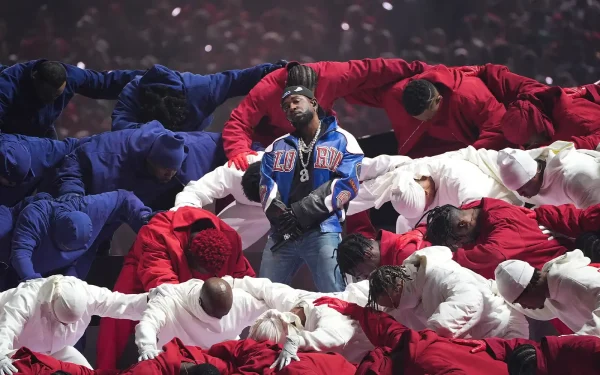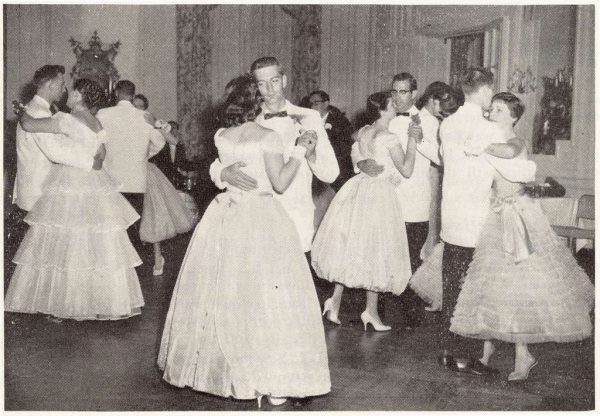‘Call Me By Your Name’ Movie Review
Warning, Some Spoilers Ahead
Rate 5/5 Stars
Somewhere in northern Italy during the summer of 1983, as the vagueness is deliberate, for this could exist anywhere, the precocious and sweet 17 year old Elio Perlman (played by breakout star Timothée Chalamet) falls in love with his father’s masculine and charming 24 year old graduate art student, Oliver (played by Armie Hammer). The pair spend their fleeting time together exploring the countryside and their hearts.
Elio’s father, a professor of archaeology, invites a graduate student once a year during the summer to his Villa in Italy where the two can work on studies. That summer, Oliver comes to stay and immediately Elio resents him for he must vacate his room and stay in an adjoining guest room. But as time progresses, the summer wears on, the peaches on the trees ripen, and being alone just wasn’t fun anymore, the two become smitten with each other.
The Oscar award winning bildungsroman movie, directed by Luca Guadagnino, follows partly the original 2007 novel by American writer André Aciman, but has its own twists. The couple takes a while to truly fall in love, such as in a real relationship, and each spends some time flirting with other girls, but eventually come spinning back to one another.
The film, emotional and impassioned at its core, is less sexy and more raptourus than expected from an R-rated drama featuring romance, but amative and inviting. Most of the rating is contributed to language and its suggestive content.
Although a story of ephemeral love, character dynamic presented throughout the film was authentically raw and obviously passionate. The film, although a love story, also left the watcher with the lingering sensation that it couldn’t last, even if the two were perfect for each other.
The movie’s overall aesthetics bring the sun-drenched setting to life in a way never done before. The intoxicating peach tree lined Italian countryside pulled the watcher in and brought new metaphors to a story not seen before. Whether it’s the wind gently blowing on the trees or the decorated buildings downtown or simply a beam of sunlight playing games on Elio’s face, the filmmaking is absolutely astonishingly and left the watcher feverishly drunk on Italy.
The film also included Italian and French dialogue with English subtitles – an aspect not unusual due to a foreign director. But, the dialogue brought forth a new aspect of relationships in the movie that aren’t usually seen. Elio skips through the languages fluently and romantically, the words rolling off his tongue, which he uses to show he isn’t as immature as the typical 17 year old.
Music, primary produced by artist Sufjan Stevens, Andre Laplante, and Ryuichi Sakamoto brings the sensuality of the film out by the combined soft indie vibes. The most popular and recognizable were Stevens’ “Mystery of Love” and “Visions of Gideon.” The 80s new wave was also introduced, but the film mainly chose artsy style of guitar, piano, and soft vocals. The score truly was the “make or break” and it very much did make the movie.
Elio’s father’s monologue at the end of the movie left a great impression, with a raw, fresh take on true love, and how important it is to cherish it while it’s still there. His father recalls a personal memory in which he could’ve had to opportunity, but forever regrets his mistake.
Still in most theaters, Call Me By Your Name is a film to become obsessed with, and one to put on top of the list of favorite movies. CMBYM is also available in book and audiobook form, perfect for those who have already decided to jet off and spend the upcoming summer somewhere in Northern Italy.

Alex is a senior and this is her fourth and final year on The Trailblazer. She was the Arts & Entertainment editor junior year and became Editor in Chief senior year. She is so excited for her last year, teaching the underclassmen, and making this the best year yet!












































